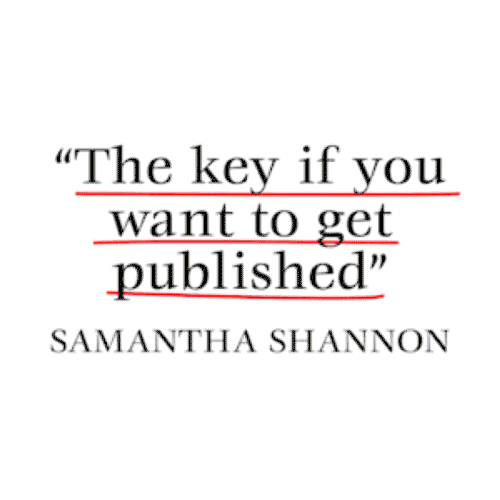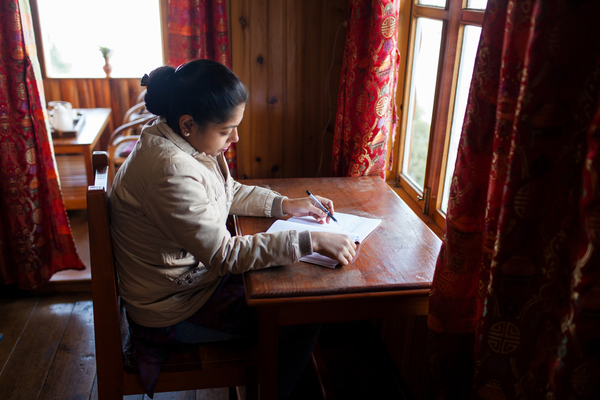
The women featured below are the most recent winners of our seven main competition categories. As such, they represent a snapshot of excellence as assessed by the individual criteria and idiosyncratic tastes of our latest group of expert judges.
Return to this page this time next year and you’ll be faced with a fresh batch of winners, selected by a completely different set of judges. So a piece of writing that just missed getting onto the shortlist in one year might well be sifted straight onto the ‘yes’ pile next time. (Though it never hurts to do just one more edit before resubmitting!)
One other thing worth bearing in mind as you browse? Check out the bios of our winning women. True, some have shelled out for writing courses, but others are self-taught, guided solely by their love of reading. What they all share is a passion for putting words – the right words – on the page.

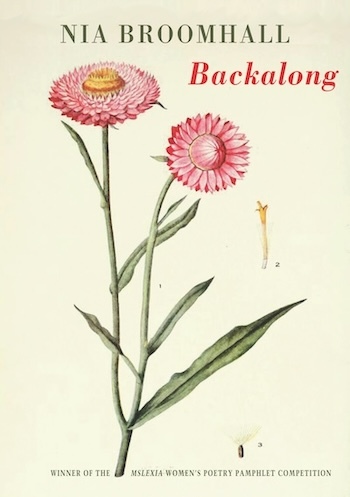

.jpg)

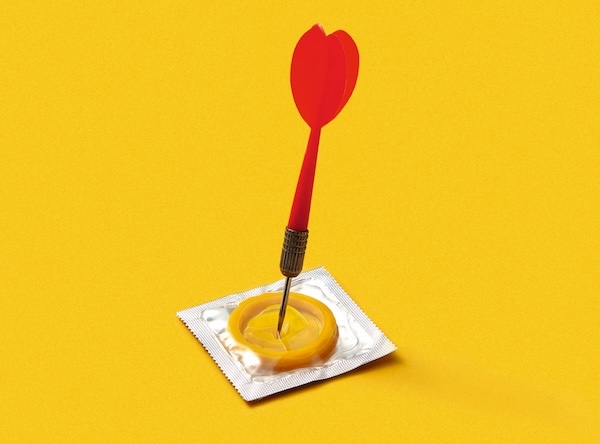
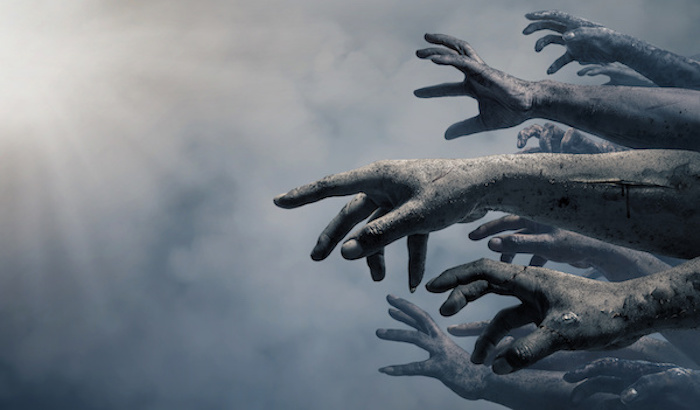


.gif)
